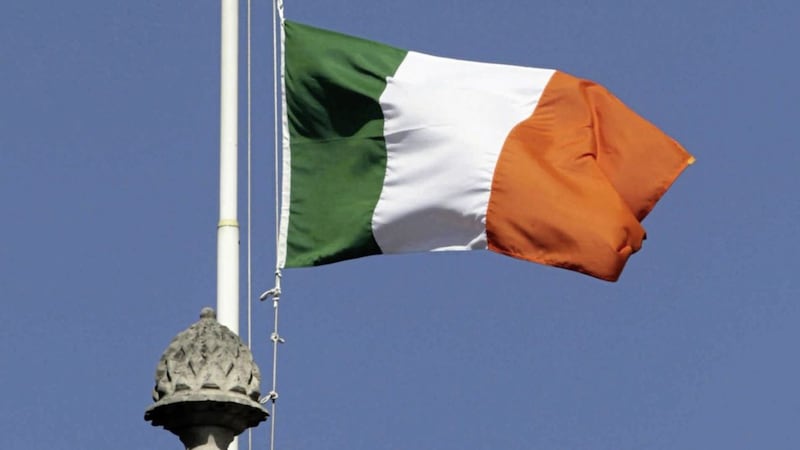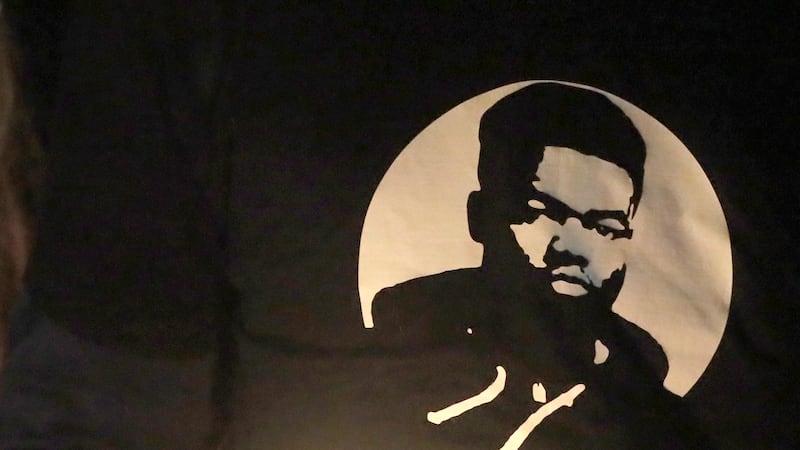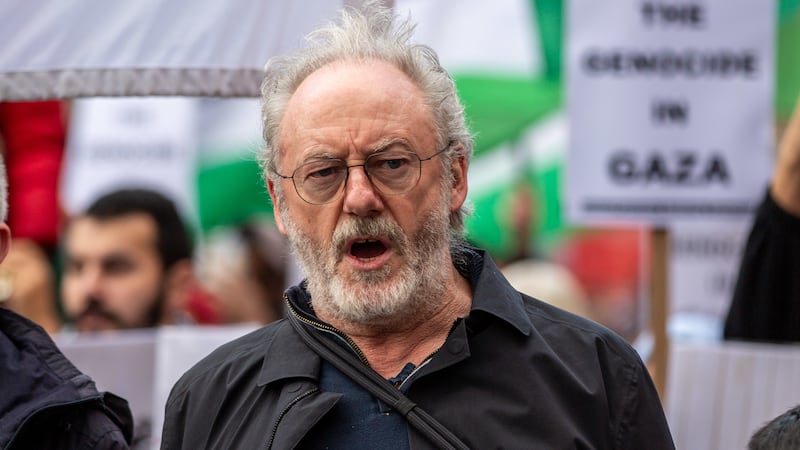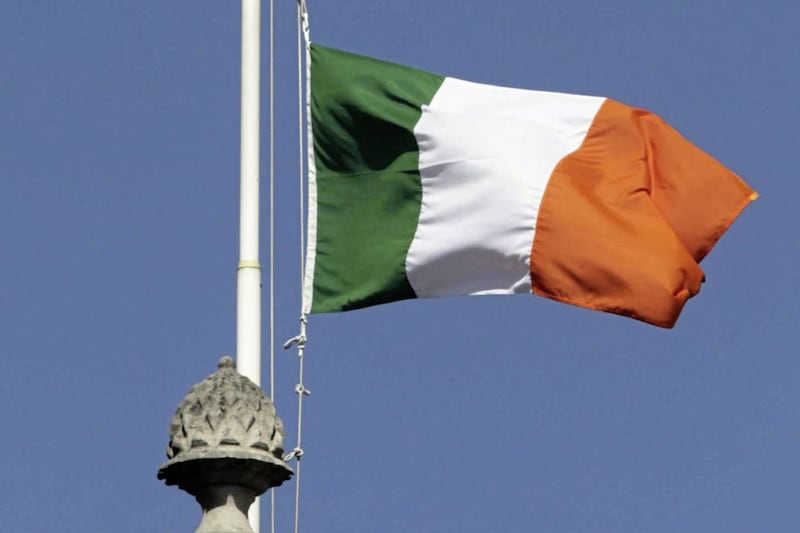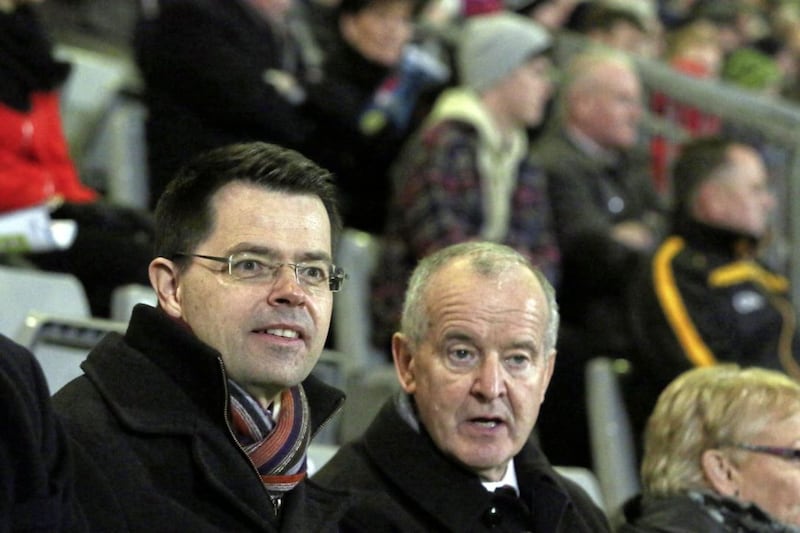Ireland's national anthem has been left "exposed" to inappropriate use, a senator said.
Copyright of Amhrán na bhFiann (The Soldier's Song) ran out in 2012 and rules and guidelines should be introduced to protect it, Mark Daly said.
He called on members of the public to make their views known to a Leinster House committee considering the issue.
"The lack of strict copyright in place for the national anthem has left this important state symbol exposed.
"Our national anthem should be respected and used appropriately. It is used right across the state, and abroad, to signify and commemorate important events and occasions.
"It's only right that we have clear guidelines in place and it's equally right that the Irish people are involved in designing those same guidelines."
The copyright expired 70 years after the death of the Soldier's Song's author, Peadar Kearney.
It had been held by the state prior to December 2012.
Mr Daly, who was recently appointed as rapporteur of the Seanad Public Consultation Committee, urged people to make their views and opinions known on the most appropriate way for the State to treat and respect the anthem.
He has in the past sought all-party support for a National Anthem Copyright and Related Rights (Amendment) Bill.
Mr Daly has sought to prevent its use for commercial purposes like fashion advertising.
He added: "The basis of this public consultation comes from the recent change to the copyright of both the music, and lyrics, in Irish and English of Amhrán na bhFiann.
"All are now out of copyright since 2012, and it's imperative that rules and guidelines are put in place to protect the anthem."
The original Free State government decided not to use a national anthem but The Soldier's Song was adopted by the Irish army in the mid-1920s for special occasions.
